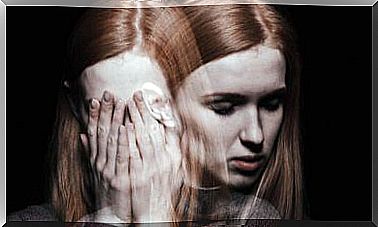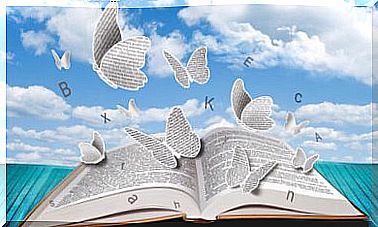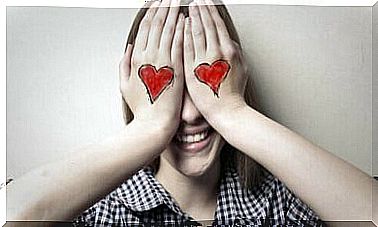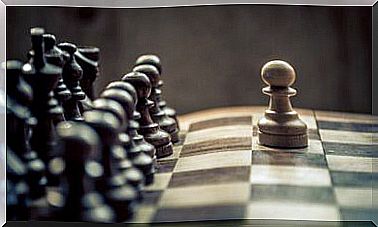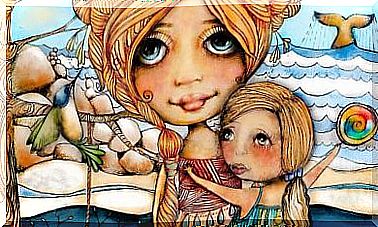An Eye For An Eye And The World Will Go Blind
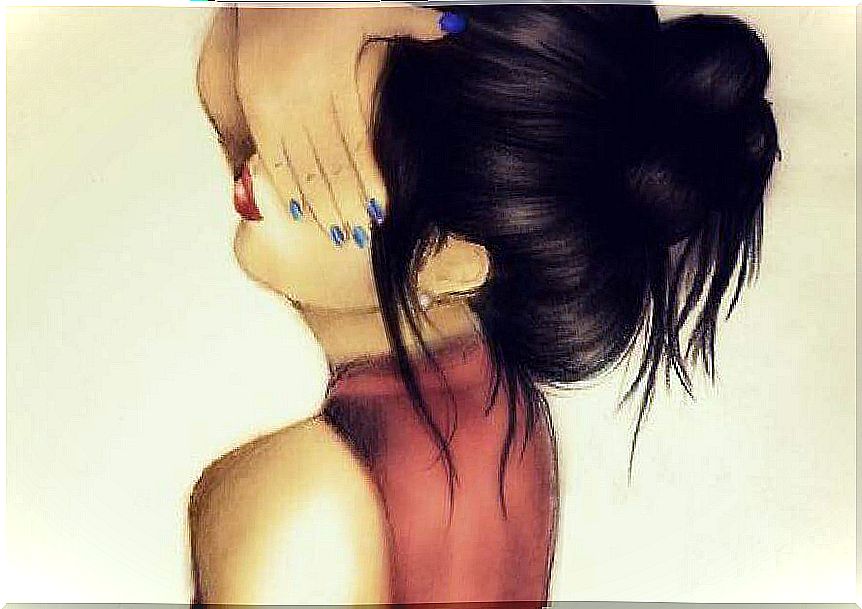
Surely we agree that people, for the simple fact of being, make mistakes. We all make mistakes and we have all found ourselves at some point in a situation that we thought we would know how to get out of. Even more than once we have made the determination to act under the ‘eye for an eye’ rule.
Who has never hurt someone? The big difference that makes us better people than we are is in the attitude we take about it.
Among Gandhi’s best-known words we could include those with which we name the article and that serve us to speak of resentment, revenge or forgiveness, for example. These words touch us very closely in our direct contact with the people around us and, therefore, mark the direction of many reflections that we can have on a daily basis.
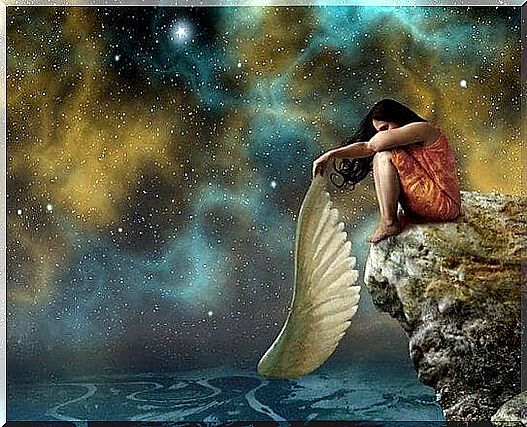
The mistake is not yours, but it could be
Being wrong, as we have said, is totally human. The world we live in requires us to live up to relationships that are continually demanding our attention, so it is much more difficult to maintain and preserve them.
Consequently, this last fact leads us to fall more easily into situations in which we are not up to the task or fail completely. We are especially aware of them when the people we refer to are family, friends or our own partner.
In this sense, the error, almost innate, can be seen from different perspectives: we can make mistakes with ourselves, with others or that it is others who make mistakes with us. In either case, it would be beneficial to keep in mind what we started with: ‘an eye for an eye and the world will go blind’.
Grudge and revenge only have one direction
When others disappoint or betray us, we feel a great emptiness that we are forced to repair. It is, then, the moment when before making any decision it would be good for us to ask ourselves: to what extent is revenge or resentment the way? Could I be the one in that situation in reverse?
The consequences of a negative attitude is that it becomes our own ballast: violence begets violence and revenge entails revenge, which is often said.
An attitude of resentment and hatred has only one direction, therefore, and that is to harm our own person: negative feelings are enhanced and are not a solution. If we all punished the mistakes of others, if we all lived by an ‘eye for an eye’ pattern, we would never grow as people.
Educate with forgiveness to live
Faced with these negative feelings are justice and forgiveness that, between the lines, Gandhi proposes: just as when we are in the place of the one who is wrong, we urgently need the other’s forgiveness, when it is the other way around we must be able to forgive.
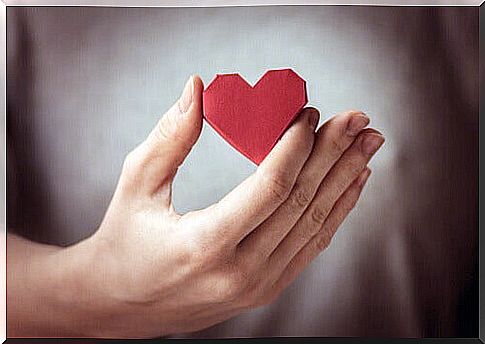
Educating with forgiveness in order to live is fundamental, even more so in the moments that exceed us. Forgetfulness and learning start from there, from the possibility that remains for us to continue with our lives and understand mistakes; for only in this way can others surpass theirs.
Thus, the expression an eye for an eye and the world will go blind makes sense in the depths of human existence and in its capacity for self-improvement. The world that would remain if we did not have the same capacity to err as to forgive would be very sad and would destroy itself.
It is about understanding, although sometimes it hurts, that punishing because we have been punished only leads to pain and never to the happiness that we should always seek.
